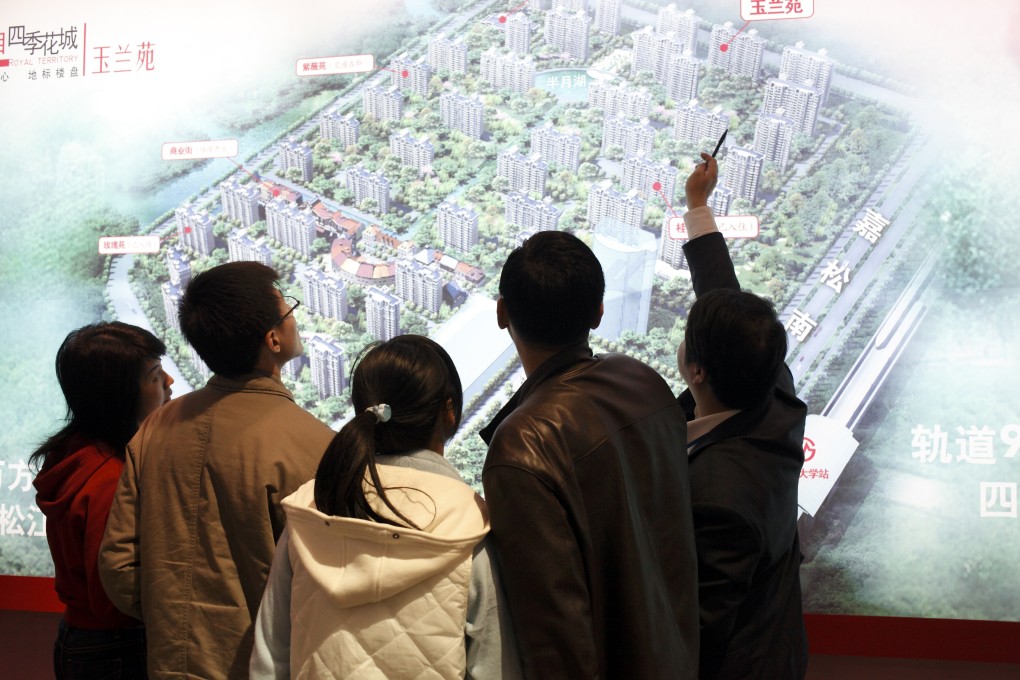Advertisement
China’s September home price index falls, the first monthly drop in 6 years and sign of the coming winter for the real estate market
- The average cost of a new home in China fell by 0.1 per cent in September from last year, according to the price data of 70 major cities tracked by the National Bureau of Statistics
- The monthly decline was the first since May 2015, in contrast to the 0.2 per cent increase in August
3-MIN READ3-MIN

China’s monthly benchmark price index of new homes fell for the first time in more than six years, confirming the real estate slump that dragged the nation’s economy to its slowest quarterly growth pace since September 2020.
The average cost of a new home in China fell by 0.1 per cent in September from last year, according to the price data of 70 major cities tracked by the National Bureau of Statistics (NBS) released on Wednesday. The monthly decline was the first since May 2015, in contrast to the 0.2 per cent increase in August.
“The housing market is clearly cooling down, and the major issue now has turned from [a problem of] overheating to [being] too cold,” said Yan Yuejin, director of Shanghai-based E-house China Research and Development Institute.
Advertisement
The slowdown underscores the challenges facing China’s policymakers and monetary authorities in cooling the speculative fervour in the property sector – and its outsize role in the world’s second-largest economy – without sending the entire industry into a deep freeze. Real estate output shrank 1.6 per cent in the third quarter, causing the construction industry to shrivel by 1.8 per cent, adding to the 4.9 per cent decline in economic growth in the three months ended September.

Advertisement
Declines were led by a 1 per cent drop in new home prices in the Guangdong provincial city of Zhanjiang, with an urban population of fewer than 2 million residents. Prices fell by 0.01 per cent in the provincial capital of Guangzhou, where local authorities barred the second-hand sales of affordable homes and raised the tax on homes that are resold within five years of their purchases.
Advertisement
Select Voice
Select Speed
1.00x